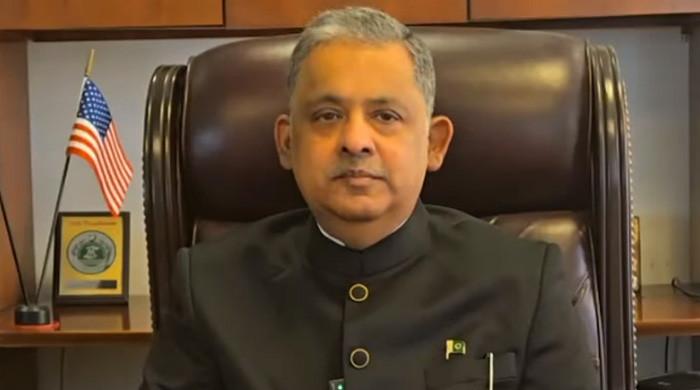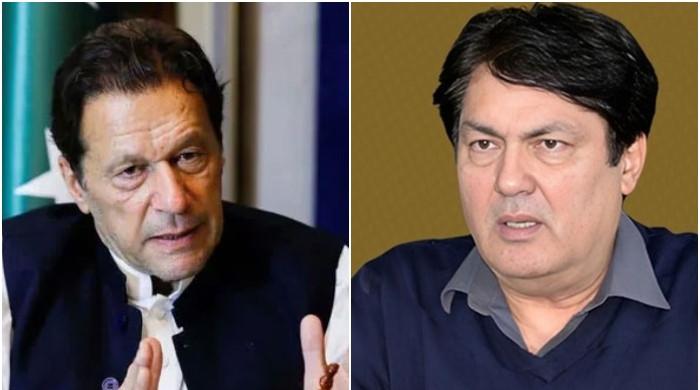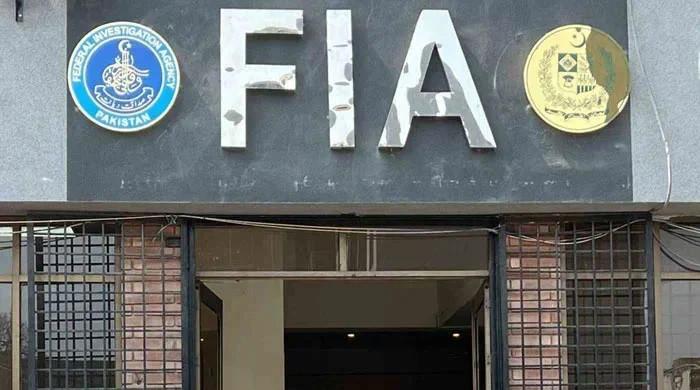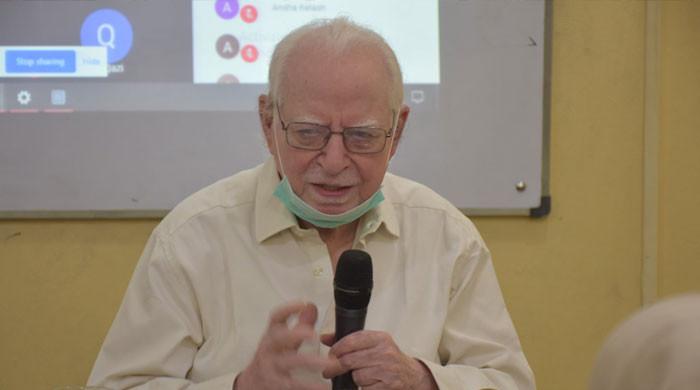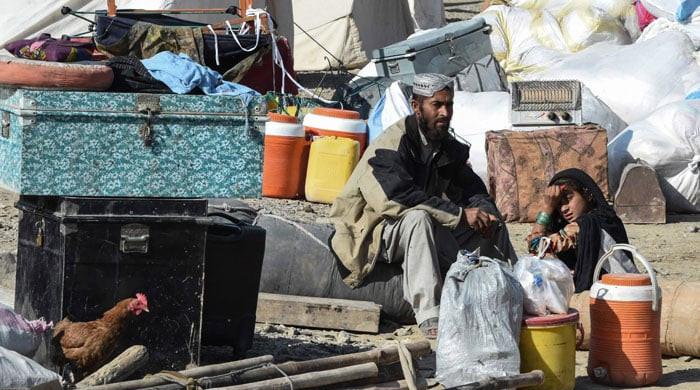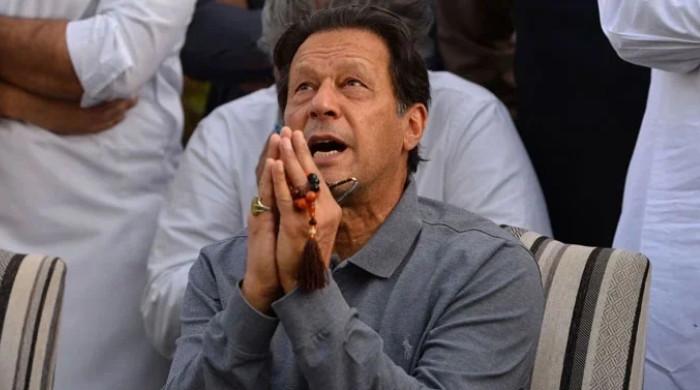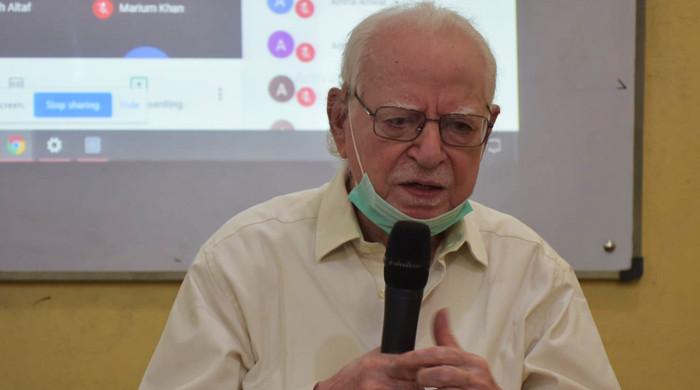PTI vs PDM: 45% of Pakistanis want mid-term elections to be held in the country: IPOR survey
Less than a third of Pakistanis want the PTI govt to complete its tenure: IPOR poll
November 13, 2020

If mid-term elections are held in the country, as the Opposition parties' Pakistan Democratic Movement (PDM) has demanded, no political party will be able to form a government alone, according to a nationwide survey conducted by the Institute of Public Opinion Research (IPOR).
The survey, in which more than 2,000 people participated, revealed that less than a third of Pakistanis want the incumbent PTI-led government to complete its tenure.
Of the total respondents, 26% said they would vote for the PML-N and 25% said they would choose the PTI. Moreover, 9% opted for the PPP, whereas 3% selected the JUI-F.
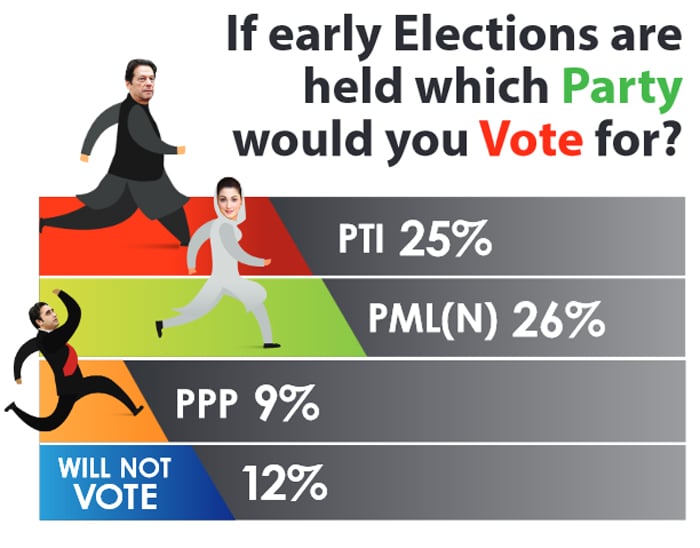
The TLP was more popular than ANP, APML, PML-Q, and the MQM-P, gaining 2% of the votes, while the remaining four got 1% each.
However, 12% of those surveyed said they would not vote for any party. Another 8% said they were still indecisive, 3% said they would make their choice based on the parties' performance, and 9% did not respond to the question.
Although the current survey disclosed that the popularity of the PTI has declined by 7% since the 2018 general elections, the IPOR noted that that of the PML-N rose by 2% and the PPP's fell by 4%.
If the public opinion to this question was considered on a provincial basis, there was no change in the case of mid-term elections. The PML-N leads in Punjab with a 39% vote, while the PTI comes in at the second number with 26%. The remaining — the PPP, TLP, and the PML-Q — were at 5%, 2%, and 1%, respectively.
In Khyber Pakhtunkhwa, on the other hand, the PTI leads with 34% votes in case of immediate mid-term elections, whereas 12%, 8%, 3%, 4%, 3%, and 2% of those surveyed chose the PML-N, JUI-F, ANP, PPP, JI, and the TLP, respectively.
In the case of Sindh, the PPP is the most popular party in the province with an edge of 22%.
However, the PTI comes second with 13% votes, while 9%, 3%, 3%, 2%, and 1% lean towards the PML-N, JI, JUI-F, TLP, and the MQM-P.
The survey indicated that 45% of the people favoured the PDM's call for immediate elections, whereas 31% — or less than a third — wished for the incumbent PTI government to complete its tenure.
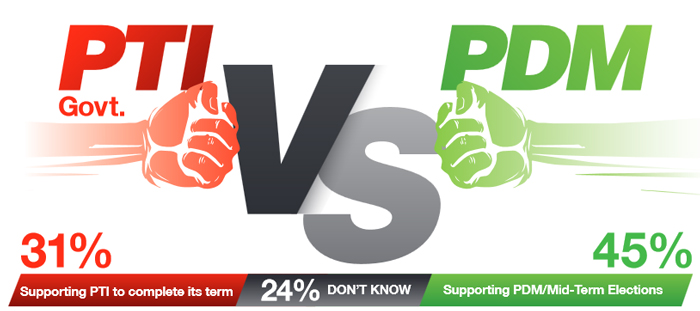
Only 24% did not respond to the question.
Interestingly, however, the IPOR poll observed that 49% of the respondents believed that the PDM's campaign was aimed at civilian supremacy. But 32% voiced their opinion that those part of the Opposition's coalition wished to hide their alleged corruption while 19% gave no response.
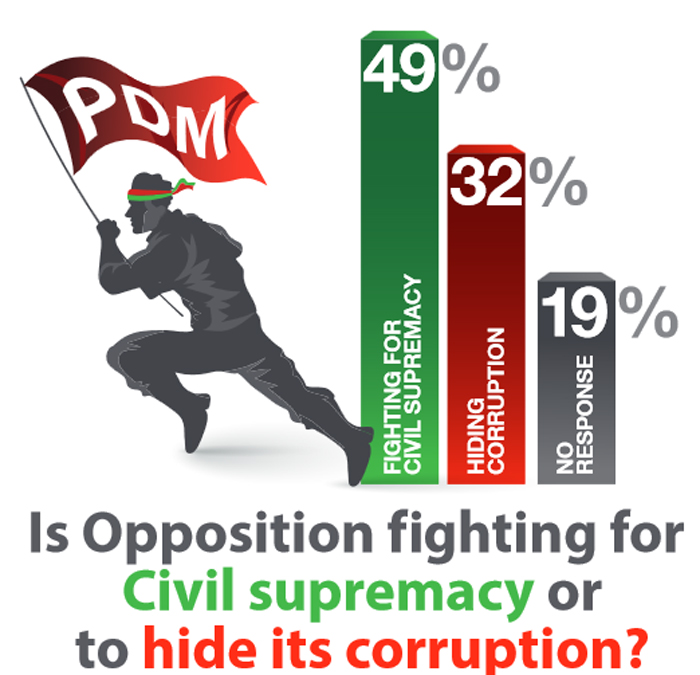
The survey also found that 53% of those surveyed believed that the current PTI government was targeting its political opponents under the guise of eradicating corruption.
However, 31% thought that the government was sincerely working to eliminate corruption. At least 16% did not respond to the question.
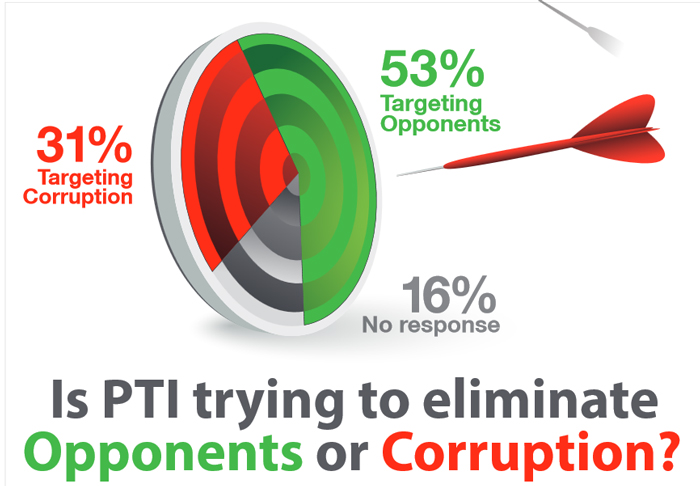
The idea that the PTI regime was targeting its opponents under the guise of eliminating corruption was most common in Sindh where 72% were in favour of this opinion, while 16% opposed the notion.
In Punjab, half of the respondents said they believed the PTI government was targeting its opponents under the guise of eliminating corruption and 33% opposed it.
Similarly, in Khyber Pakhtunkhwa, 43% believed this notion was correct whereas 43% believed this notion was wrong. Separately, in Balochistan, 35% were in favour of the idea and 40% against.




